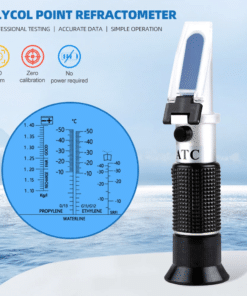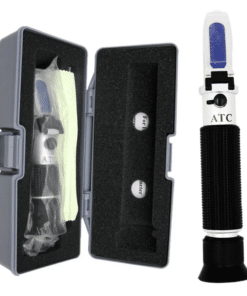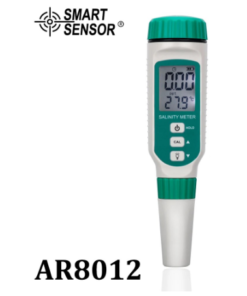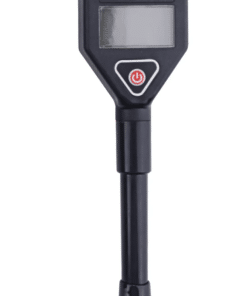Salinity Meter
A salinity meter is a device used to measure the salt content or salinity of a solution, typically water. It’s a valuable tool for various applications, including:
- Aquaculture: Monitoring the salinity levels in fish tanks and ponds.
- Hydroponics: Controlling the salinity of nutrient solutions for plant growth.
- Marine Biology: Measuring the salinity of seawater for ecological studies.
- Water Treatment: Assessing the salinity of water sources and treatment processes.
- Food Industry: Checking the salinity of food products.
How does a salinity meter work?
There are primarily two types of salinity meters:
-
Conductivity-based meters:
- Measure the electrical conductivity of a solution.
- Higher salinity increases conductivity.
- These meters often have a temperature compensation feature to account for temperature-induced changes in conductivity.
-
Refractive Index-based meters:
- Measure the bending of light as it passes through a solution.
- Higher salinity increases the refractive index.
- These meters are often used for quick and accurate measurements, especially in the food industry.
Key features to consider when choosing a salinity meter:
- Accuracy: The precision of the measurement.
- Range: The range of salinity values the meter can measure.
- Temperature Compensation: The ability to adjust for temperature variations.
- Durability: The robustness of the meter for field use.
- Ease of Use: Simple operation and calibration.
By using a salinity meter, you can maintain optimal water conditions for various applications and ensure the quality of products.
Salinity Meter
Salinity Meter
Salinity Meter
Salinity Meter




